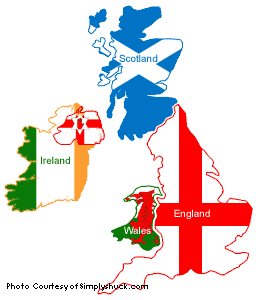On September 18, 2014 Scotland voted no to declaring independence. The 84% turnout at Scottish polls was pretty evenly split, with 55% voting no to secession. This decision was incredibly smart, giving Scotland the power to beneficially change their relationship with England.
The pro-independence campaign known as, Yes Scotland, advocates what it would mean to be self-governed, and to have “Scotland’s future in Scotland’s hands.” They promised free student tuition, free childcare for working parents, retirement benefits, and livable working wages which all sounded very good. But there were a lot pushing Scotland to stay with the union too.
One reason is the possibility of losing the pound as currency. With little other options, Scotland would either have to add themselves to the crumbling euro, or develop an entirely new economy, losing the stability of the English pound.
Scotland’s campaign for anti-independence, aptly named Better Together, stresses this fact as well as what Great Britain could lose from the split.
With the gain of independence, Yes Scotland wants to remove the English nuclear weapons along the lines of, “I don’t know where you’ll put them but they can’t stay here.”
Great Britain acknowledged these threats and began introducing constitutional reforms for Scotland, Wales, and Northern Ireland if Scotland agreed to remain a part of the union. To the Scottish, this should have recognised as the most opportune situation, providing them with a way to reform their relationship with England without any political or economic risks.
While the threat of economic stability is lessened slightly by the fact that Scotland would get to keep 90% of it’s oil reserves, the machinery is aging and the oil reserves income would have diminished significantly by the time the 17-18 year old voters are in their forties. Great Britain’s current economic dependency on Scotland’s oil reserves would be a key pawn in negotiating these constitutional reforms.
Overall, the cry for independence was a movement of patriotism and empty promises. Scotland’s decision was a great one, having proved itself as an influential force in this burgeoning reformation process. Negotiations can now be made to settle Scottish disputes, avoiding the risk of losing a stable economy and government.

Leave a Reply